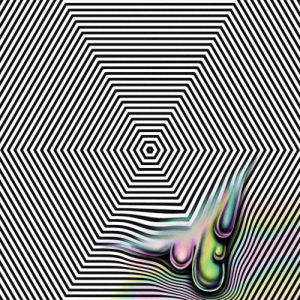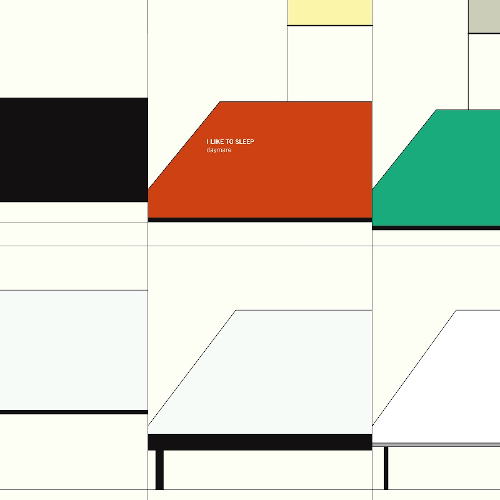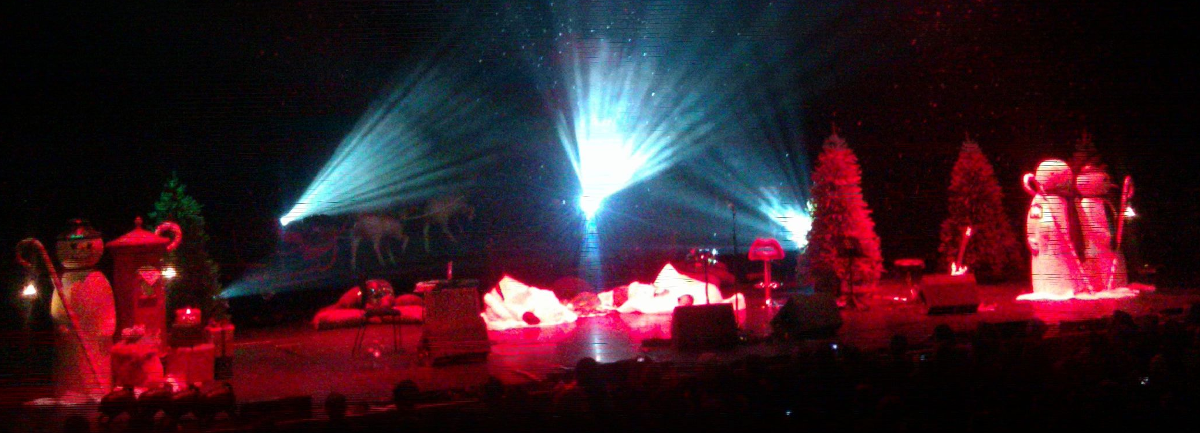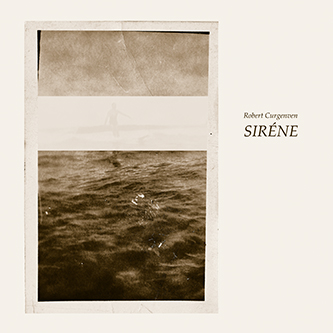 I get this as a single stream, which might be protective or perhaps artistically purposeful. If this is intended as a single stream assault on the history of Oneohtrix Point Never, then it’s a jagged, mischievous stream, characterised by one-stop assaults, Windows loading sounds, disrupted sweeps and strings.
I get this as a single stream, which might be protective or perhaps artistically purposeful. If this is intended as a single stream assault on the history of Oneohtrix Point Never, then it’s a jagged, mischievous stream, characterised by one-stop assaults, Windows loading sounds, disrupted sweeps and strings.
It begins with a woosh, a tape unravelling, that old Burroughs trick of unwinding time, of folding in to let the future slip through. Familiar digital horns emerge, as if they are old friends and we are swept into a kind of pointillist pop, full of vocodered burr and short arpeggios which threaten to expand into early period OPN, but never really settle.
It’s a restless album, as fidgety as OPN’s most fractured albums. Some of the tunes will be familiar – OPN loves a signifier – but here they are deliberately undermined by samples and some brief snatches of lounge music which tickles the underbelly of the beast. And the familiarity isn’t always a familiarity with Daniel Lopatin’s other work; there’s more than a touch of James Ferraro here and there are little microtunes which evoke the atmosphere of Human Story 3 or Far Side Virtual. At times, it feels like another band is taking over, recorded from a toilet inside a club and trying to play their FM rock despite the scurrying electronic maverick attempting to destabilise their mojo / Mojo.
This is a music of memes, with each one subtly altered to reflect a new understanding. As such, it’s modern: sometimes disassociated, curated and yet chaotic, played with the assumption that listening intently to its every twist is unlikely to be possible. Even his most ardent fans will hear different things each time they listen. Taken in ADHD slices, lots of this music could be found in less fêted vapourwave albums and it feels (as do most of OPN albums) like it’s self-released, even if we now know that Lopatin is regarded as a master of a genre which, idealistically, ought not to have mastery as its guiding principle. It’s measured in its insistence on the amateur auteur, the lone (probably) male, sitting in a basement, finding fun and frolics in the clicks and chimes and notification-presets that besiege them in their loneliness.
There are tracks here where this form of OPN reappears and even parts that could slip into regular song cycles, with rapping, vocodered soul and so on; but you get the sense these tracks are struggling for breath, like the singer has their head out of a Tokyo taxi as they are swept through various prefectures, consumed by media bleeding in from the streets, the shops, the gaming halls. Perhaps they’re drinking from a bottle of cranberry juice, perhaps sucking on an opium pipe dream.
Mostly, the tracks slide away into pachinko parlour tinkling and then expand outwards again, with synths that rise and ebb and find holes to fill. Voices come from nowhere, acting like gateways, sometimes repeating endlessly like someone clicking into a petit mal seizure, but there’s always a return to a new age calm, which only adds to the feeling of ambient terror, especially when that warmth devolves into fuzz and static and dirt. A cuckoo calls, birds sing (or scream, as Aldous Harding suggests), nature is mostly absent here – this is the music of the city – but when it appears it adds to the sense of what (psycho)geographers call succession, of nature attempting to regain its position in the world.Maybe I’m hearing things that aren’t there and maybe that’s the point. Lopatin has always played in the entrails of cheesy pop and cheesy sound but, while this is not as jagged or dystrophied as, say, the R Plus Seven or Garden of Delete, his first albums for the behemoth that is Warp, there’s a sense that he’s playing in sound here with slightly different intentions, ones not dissimilar to his earlier Eccojam work, in that the dissonance is played for serious laughs, perhaps directed at himself. This music though, is less about the blur, or at least there’s a crispness to the individual elements that blur only in the speed in which they change gear and move away from one another, like cogs in some gigantic digitising machine.
As the last song says, “I think that’s probably it…”
-Loki-



